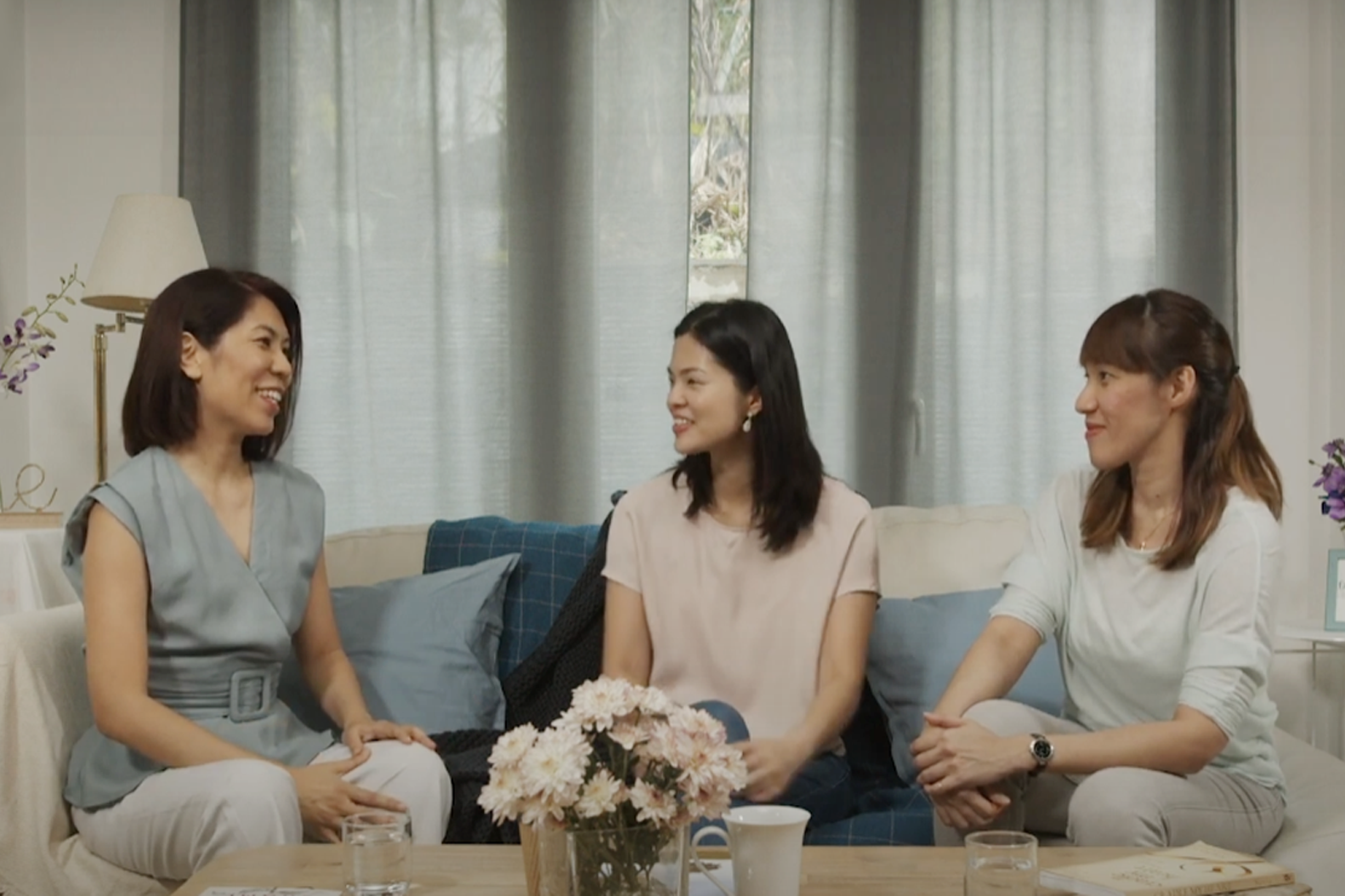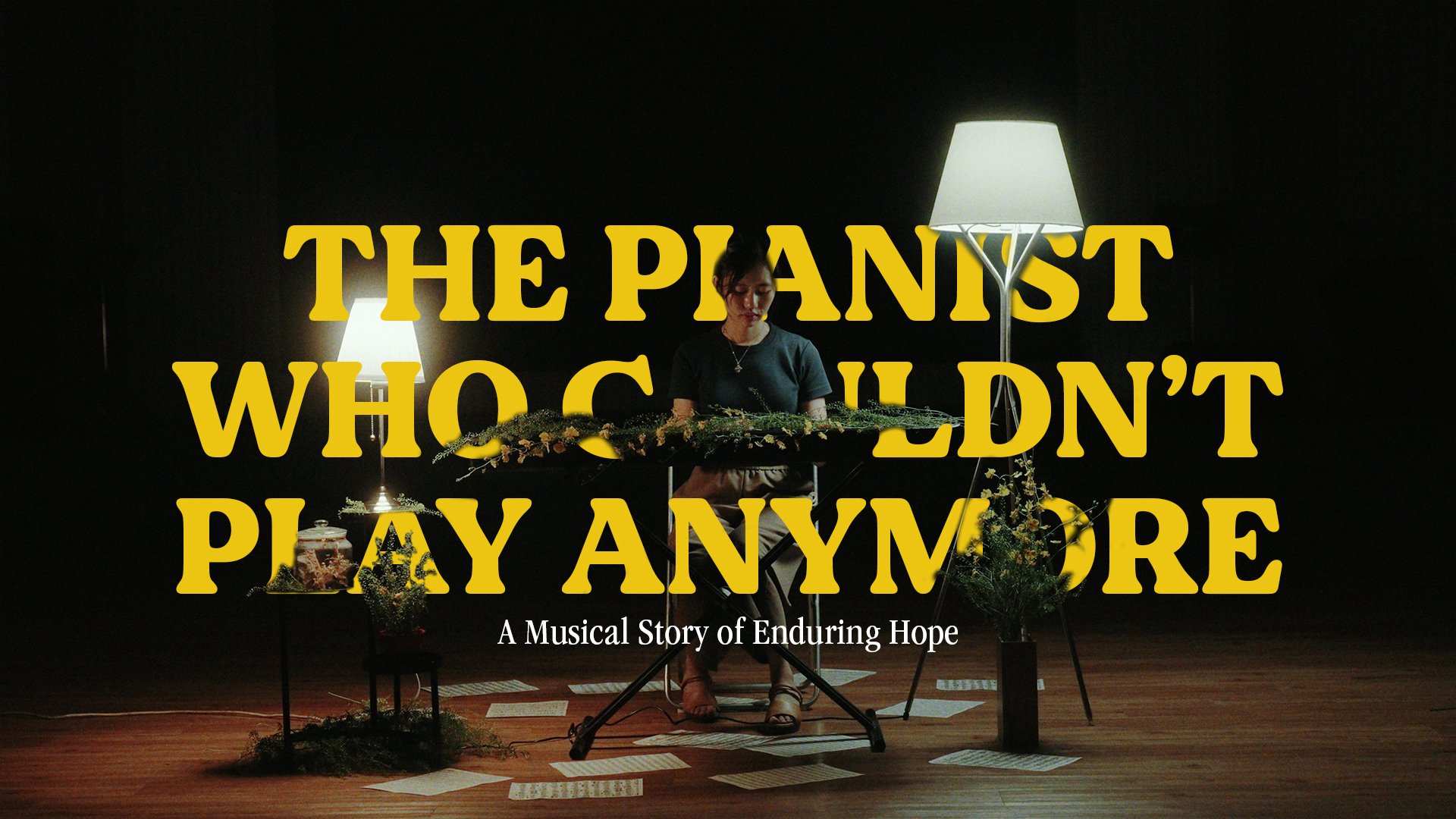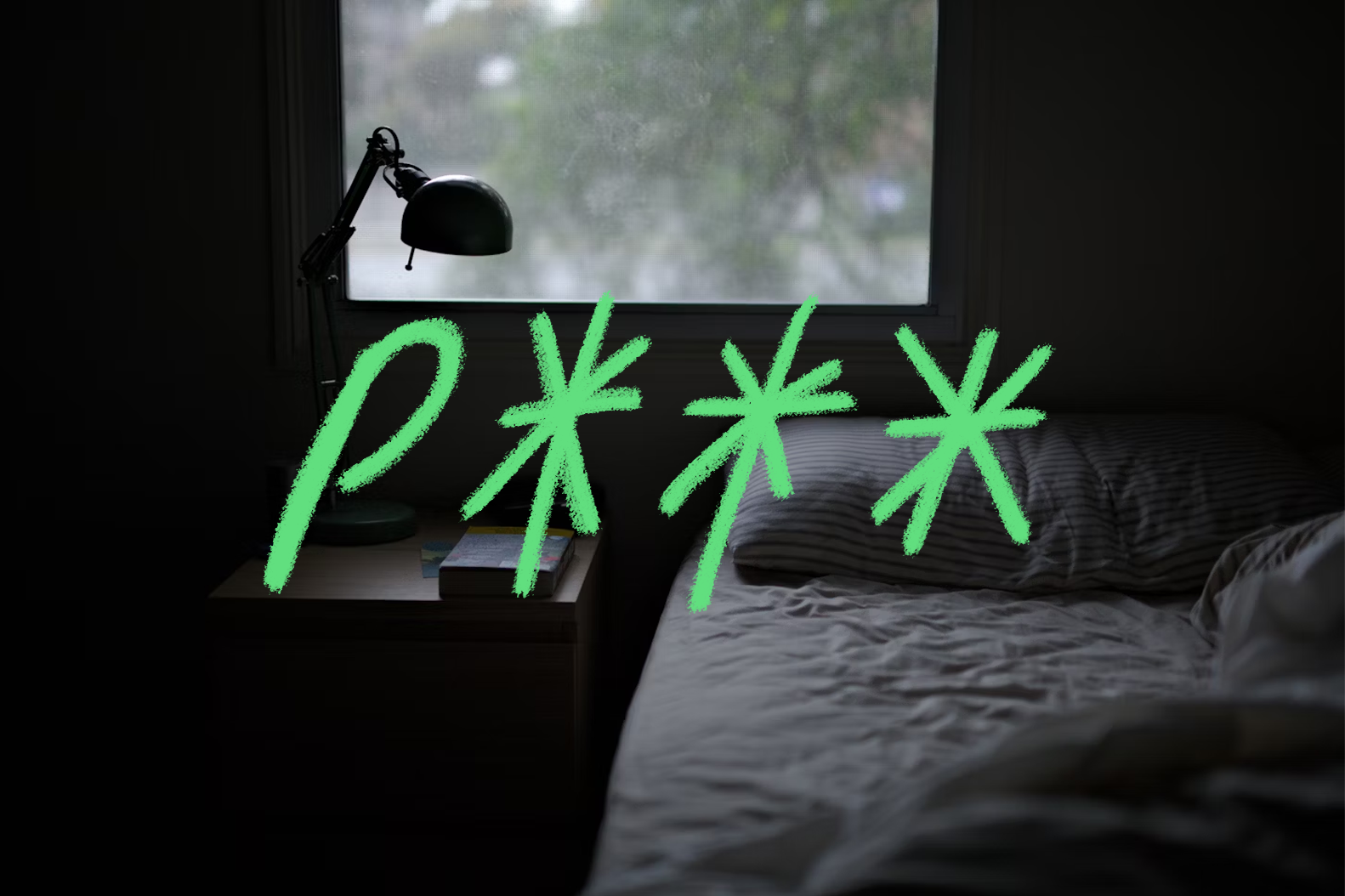Jennifer was only a 17-year-old student when she had an abortion at five-and-a-half months of pregnancy. Yifen discovered she was pregnant shortly before she was due to leave for her post-doctorate studies at Harvard Medical School. June was in her early 20s when she decided she couldn’t keep her baby.
While the details of their experiences may differ, all three women struggled with the same emotions of self-condemnation and shame.
On Heartbeat Project’s Heart to Heart video series, Jennifer Heng (Director of Safe Place), Yifen Tan (Facilitator at Rachel’s Vineyard Singapore) and June Bai (Founder of Buttons Project Singapore) open up about their personal turmoil and road to recovery.
These answers have been edited for brevity and clarity. To watch the full interview, you can catch Episode 1 here.
What happened after the abortion?
Jennifer: I pushed out the baby, the doctor announced that it was a son. He asked me: “Do you want to see him? I said no.” (After) eight hours of labour, I was exhausted…
And then I heard the crumpling of newspaper. They said: “Okay, get dressed and come out when you’re ready.” So everyone left the room, and I gathered all the strength that I had to stand up and change.
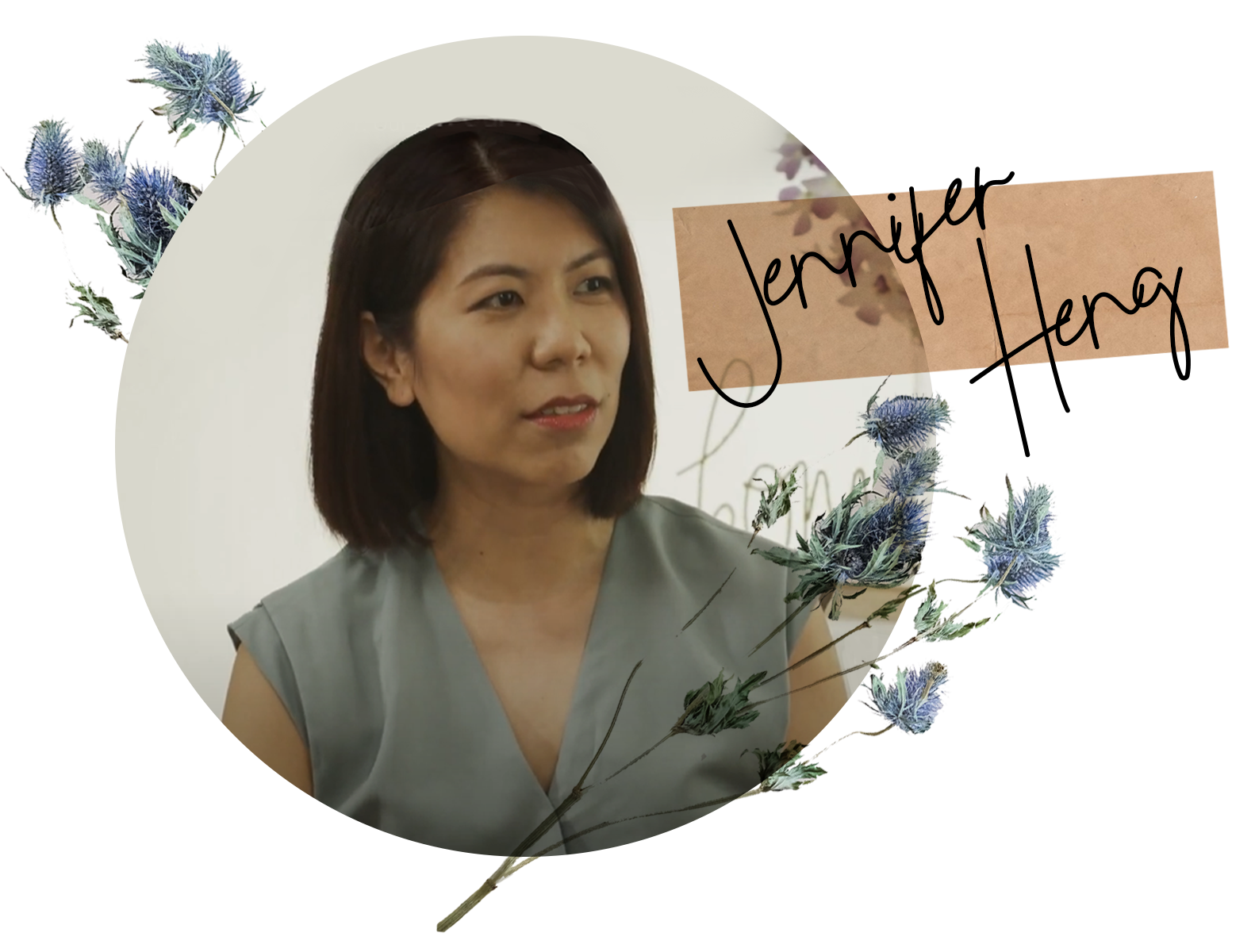
At the corner of the room, I saw a heap of newspaper, and I instinctively knew that was my baby. I can still remember that visual. I write it in my book; I described it. I think it is important that these details come out because no one knows what goes on behind the abortion doors.
I walked out of the clinic that day, like a part of me died.
At that moment, the greatest thing that left me was my dignity. I lost all dignity; I lost all respect for myself. I walked out of the clinic that day, like a part of me died — physically died. And that’s why my life didn’t get better, it got worse.
It didn’t bring life; there was so much death in all that. I lost so much. That’s why I say, why would anyone think that abortion would solve your problems?
Yifen: I remember when I woke up from the anaesthesia, all I wanted to do was run out from there. Right after that I actually went to America to do my research work. So I had to put up a front like, oh this is great, you know, with the abortion the problem was kind of solved.
But when night time came, it was so, so difficult. When I was all alone in the country and my ex-boyfriend at that time broke up with me, my entire world just crumbled. So that’s when my mind started to go into this fantasy land that I created. It’s like an escapism.
Sometimes I couldn’t differentiate what was reality and what was my fantasy land. It’s very strange — we wouldn’t associate abortion with this, but that is the kind of impact it has on our emotional and mental side.
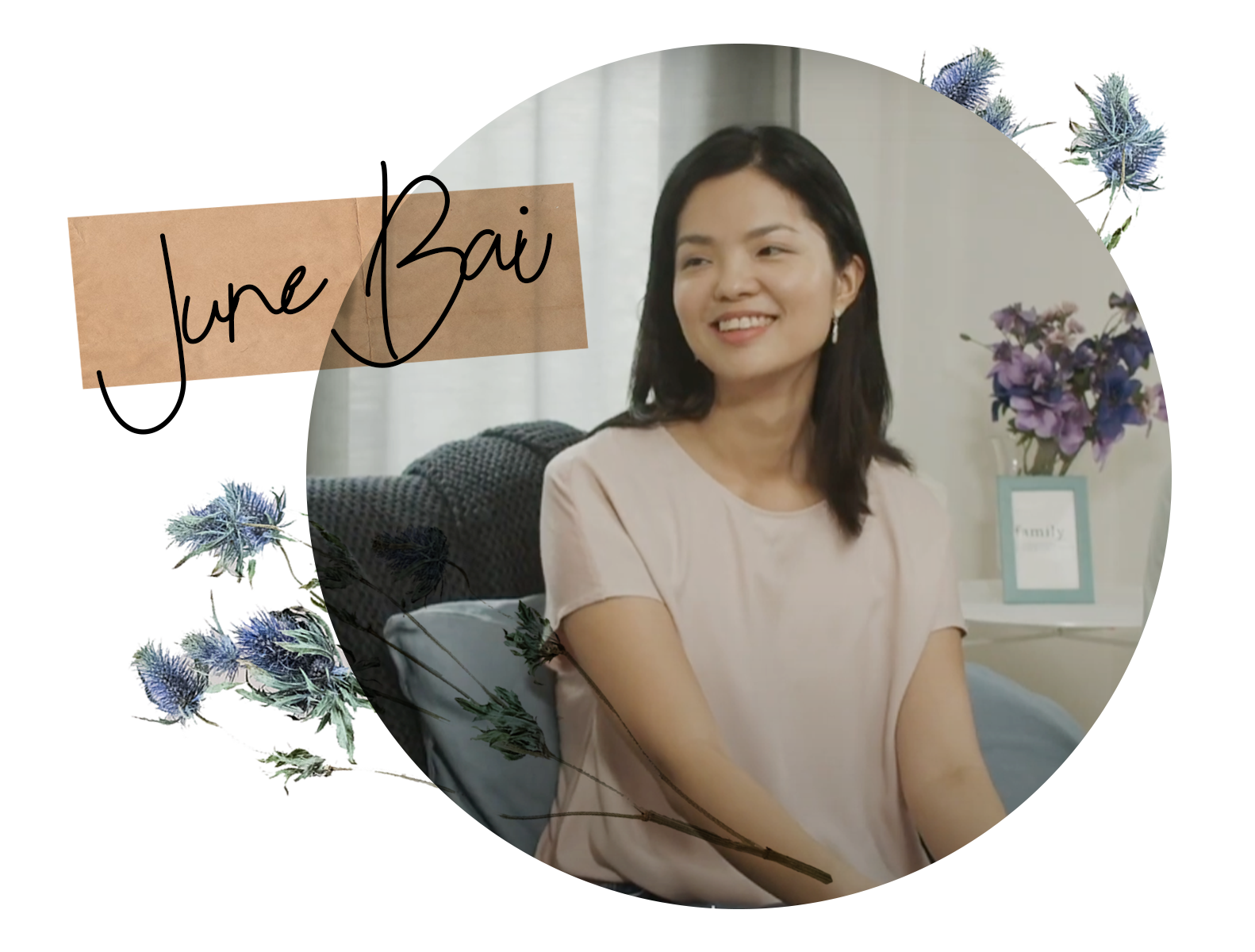 June: When I woke up, I just wanted to get out of the place, but at the same time I was actually bleeding a lot… There was a lot of fear like, why am I bleeding so much? Because I didn’t know that I would be bleeding so much.
June: When I woke up, I just wanted to get out of the place, but at the same time I was actually bleeding a lot… There was a lot of fear like, why am I bleeding so much? Because I didn’t know that I would be bleeding so much.
That whole day, I was just trying to pretend that nothing happened. I was just going through life as normal. I went back to my ex-boyfriend’s house and we were having a barbecue.
But I think the impact came when I lay down on my bed, and that was when I couldn’t pretend anymore. In that silence, in that quietness, the thoughts of “what did I just do?” and all the pain started to gush out of me.
Time cannot heal — only God can.
I wasn’t even expecting it. I didn’t know that it would be so hard. But every single night when I got home, I would just cry myself to sleep for so many nights. For one and a half years.
I was just shocked. How come the pain did not ease? It remained the same or got even worse. That was when I realised, time cannot heal at all — and only God can.
Jennifer: I meet many women who will tell me things like, “I can deal with the emotional pain; it’s just the physical pain that I’m afraid of.” And I look at them and I’m like, “No, you don’t know what you are talking about.”
The truth is, the physical pain will pale in comparison… The shock and the horror of “what have I done?” The fact that I cannot undo it, and that no one told me it was going to be like that. That pain, that guilt, that shame, that desperation, is something that destroys us.
I think what is common too is many of us, many of the women, will fight to regain normalcy in their lives… But at the end of it all, we know that we are just in great deep denial and we need healing.
How did healing begin for you?
June: I think one of the major steps towards healing is making that conscious decision to say that “I’m not okay” and make that decision to want to seek help.
Many women that we have come across have that decision to want to seek help, but they don’t have that determination to walk through the process and many of them just give up halfway.
And I think going through that healing, it will be nice to have people supporting us and going through that healing journey together, so that we can have that courage to confront the pain that we have been trying to avoid for so long.
Many women have that decision to want to seek help, but they don’t have that determination to walk through the process.
Honestly if you asked me am I completely healed today, I don’t know. Because sometimes God surfaces certain issues at different points in time.
In this whole healing process, there were certain points at which I knew I got better. Like for example, when I saw the vision of Jesus carrying my child — I think that was quite a defining moment for me.
Or the time when the Lord said: “Go, use your unborn child’s life to propel the gospel forward.” That to me felt like redemption.
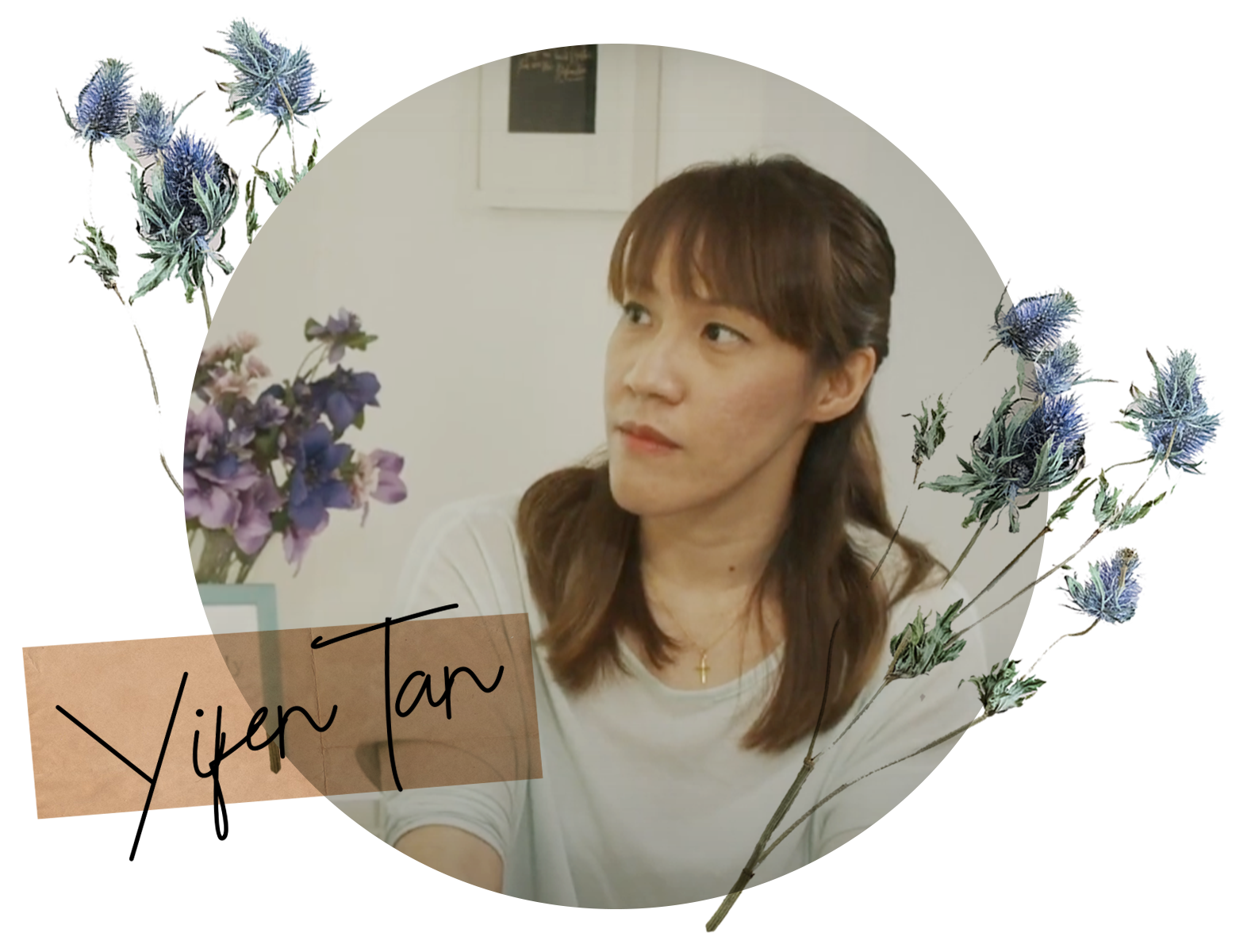
Yifen: Actually it took a very long time for all the healing to take place. I went through professional counselling, and I did the book Forgiven and Set Free.
We processed the emotions, the stages of grief, my guilt, my shame, and how to actually arrive at accepting the entire incident, and forgiving the people who have hurt us and forgiving ourselves as well.
But of course I think for me personally, I cannot take God out of the picture. So the healing comes from God — from going back to God.
Jennifer: For me that was really the major areas for my own healing journey as well. And I realise that I could only forgive myself or forgive others when I realised that God has forgiven me. For me that was the turning point…
It wasn’t even intentional. At that time I was already in my late 20s, and I honestly thought I would never be healed. I was prepared to accept that this was almost going to be almost a curse upon my life, and I would just have to deal with God when I die.
But thankfully God doesn’t leave us that way. I heard God tell me that He loves me, He forgives me and He’s proud of me. That set me free. And that kind of touched and triggered all the parts of me — my family hurt, my relationship hurt, the abortion, everything — and so I became whole.
2022 marks the 50th year since the two-child policy was introduced. This Sunday (March 20) will also be the 52nd year since the Abortion Act was enacted in Singapore.
In this year of jubilee, Heartbeat Project and Buttons Project Singapore believe that God wants to redeem those who went through an abortion and set them free.
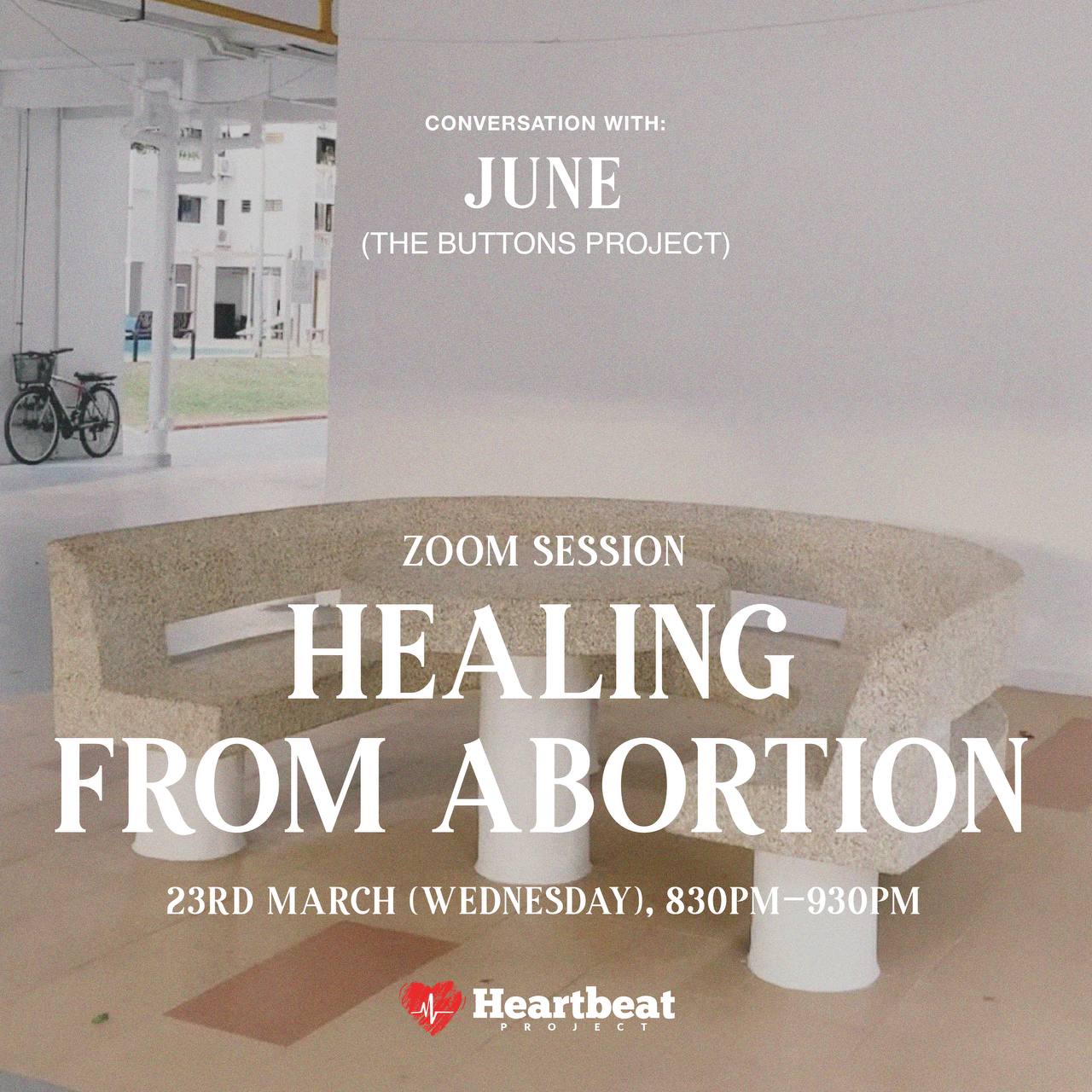
For more honest and heartfelt conversations on abortion, you are invited to join the upcoming Healing From Abortion Zoom event on Wednesday (March 23, 8.30pm–9.30pm).
The session is open to anyone who is hurting from the effects of abortion, including parents of an aborted child, or someone who is journeying with a loved one through his/her abortion.
For more details, visit the Heartbeat Project website/Instagram page or Buttons Project Singapore website/Instagram page.
- Have you gone through similar emotions in your life? How did you cope?
- Have you sought out and experienced God’s healing?
- How can you look out for those around you who might be hurting and journey with them?


